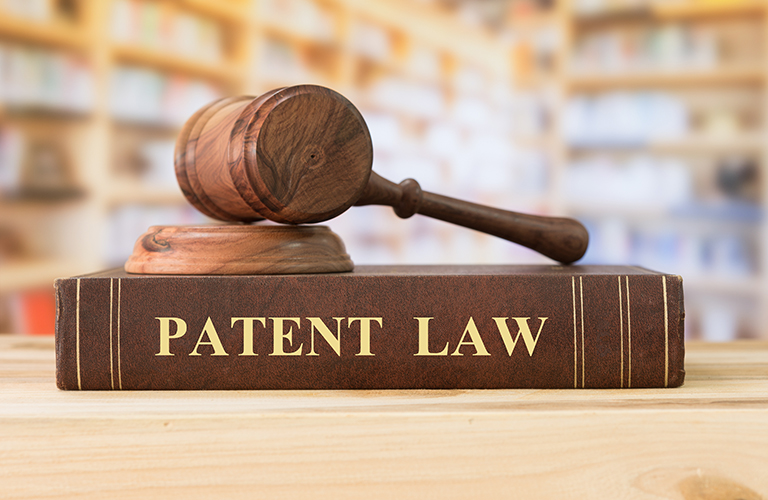
Last week, in Helsinn Healthcare SA v. Teva Pharmaceuticals USA Inc., the Court of Appeals for the Federal Circuit (“CAFC”) ruled that the America Invents Act’s on-sale bar provision renders patents invalid if the invention was sold prior to patenting, even if the sale did not publicly disclose the invention. The on-sale bar invalidates a patent if the claimed invention is sold more than a year prior to the filing of the patent application. Prior to the AIA, federal courts held that all sales, confidential and public, triggered the on-sale bar. The AIA, effective on patents filed after March 16,… Read more


